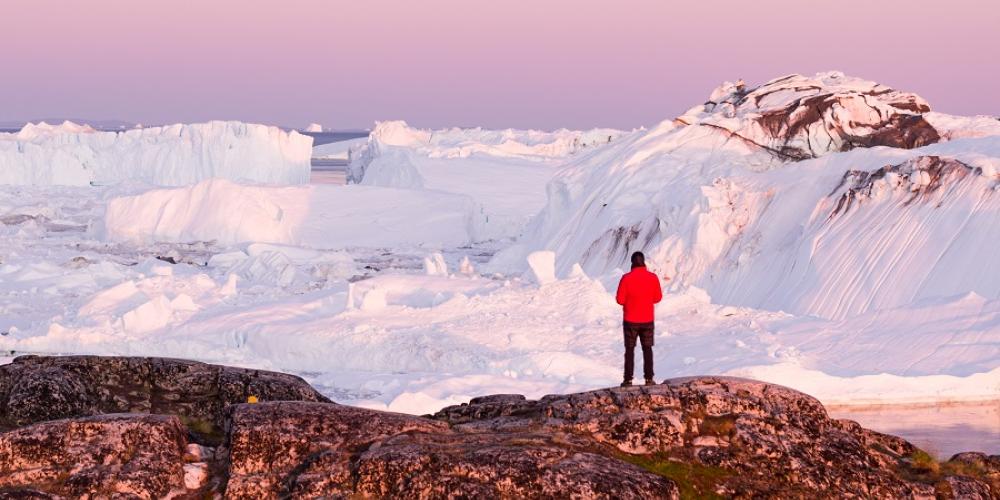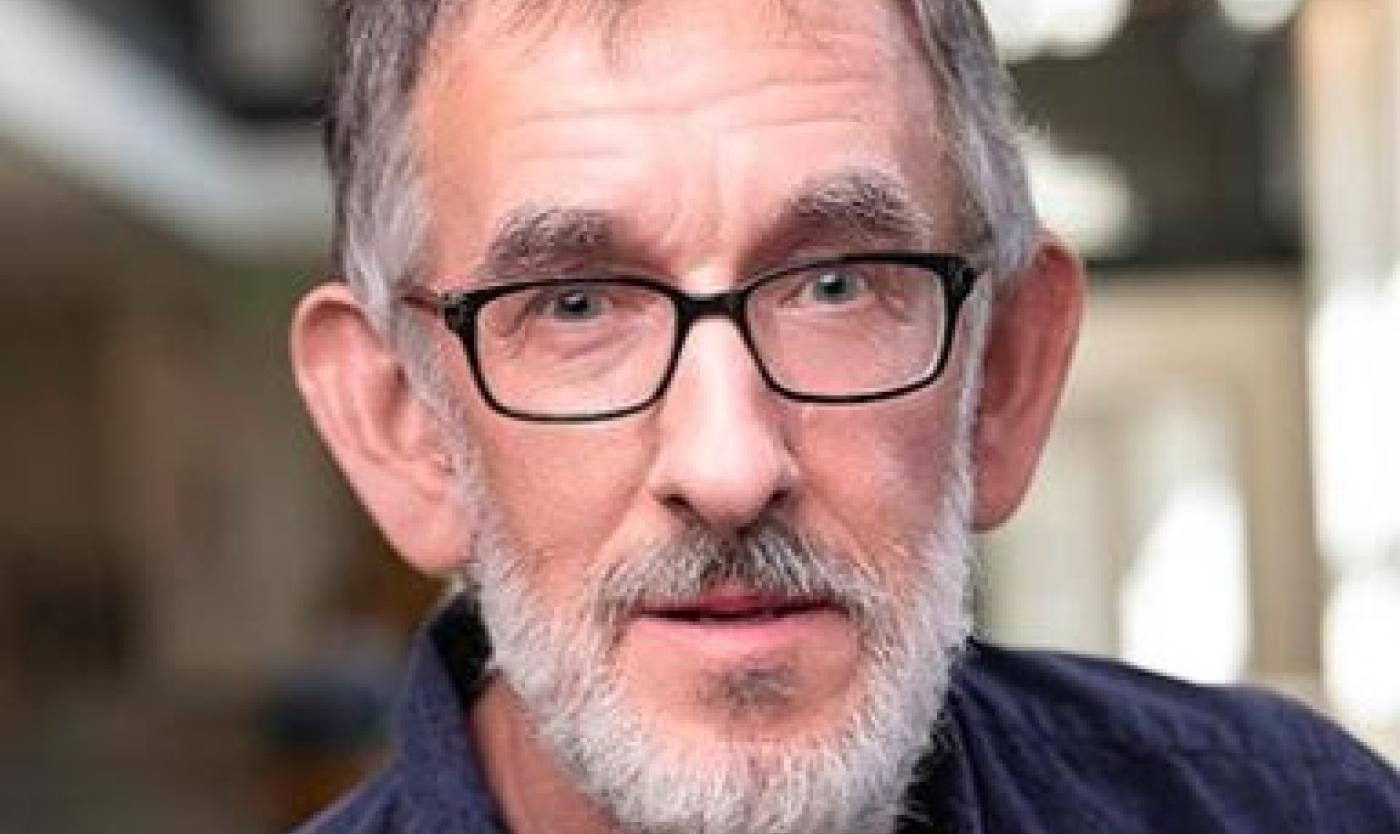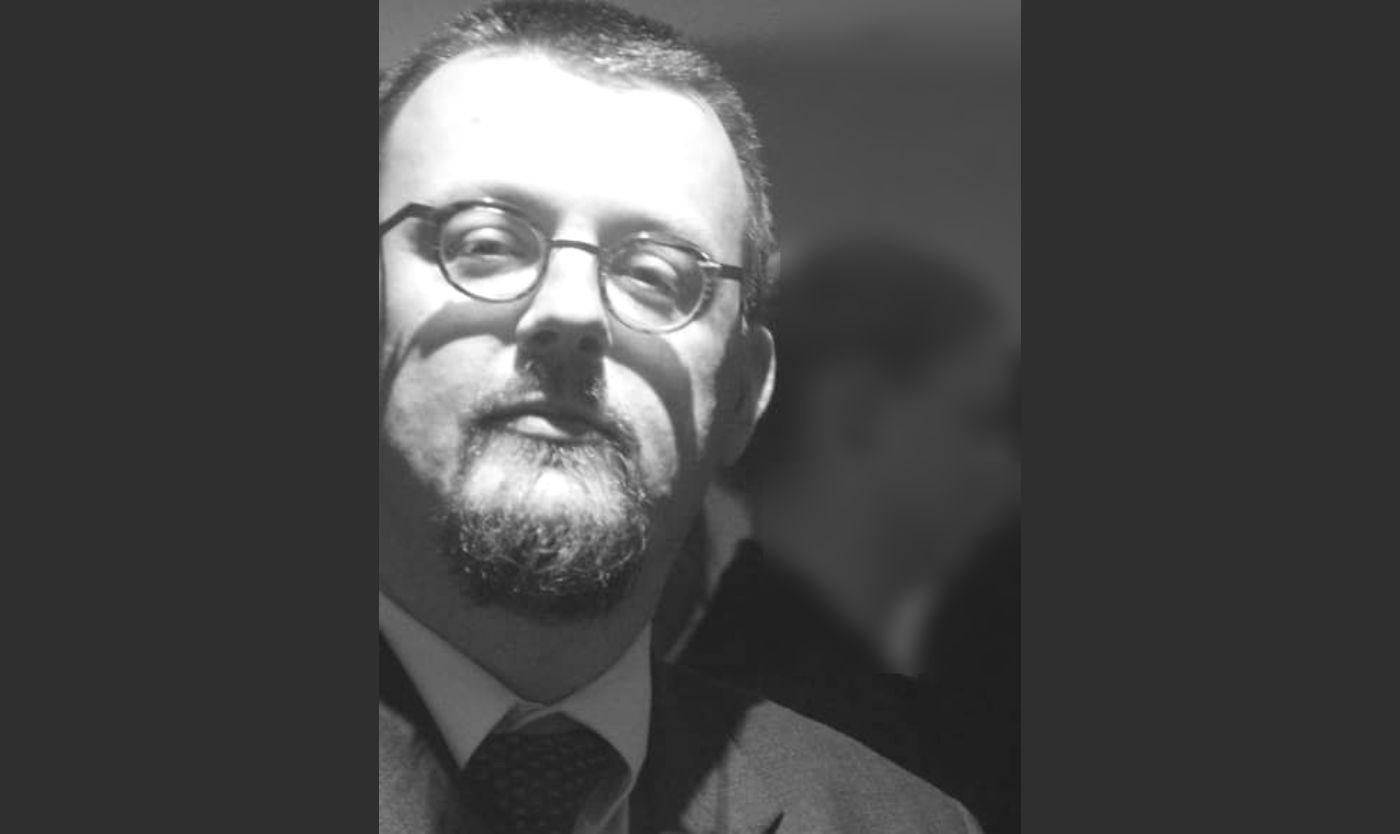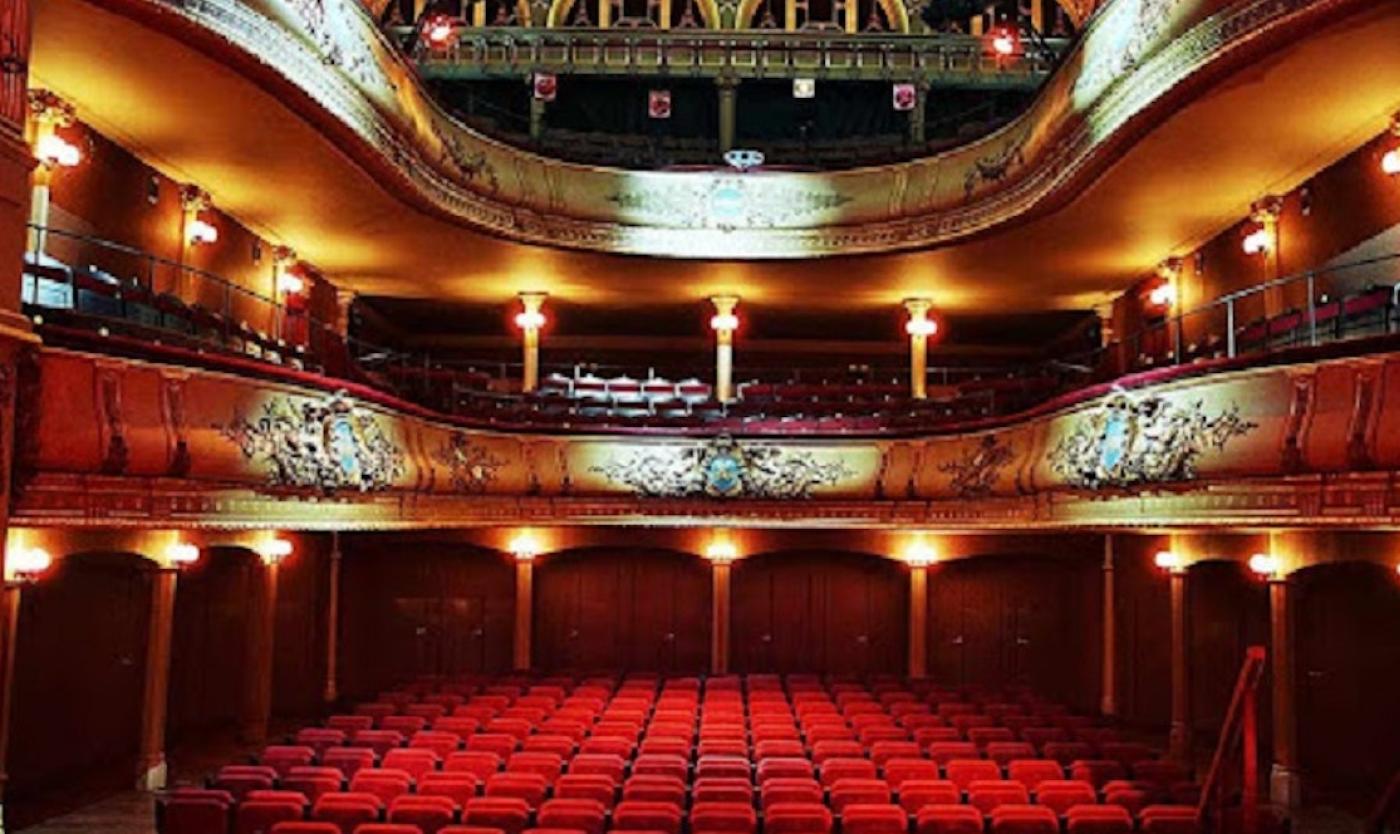
Practical
Pleinlaan 2
1050 Elsene
Gebouw: U-Residence
The Vrije Universiteit Brussel and Professor Cornelis J. Schilt invite you to an exclusive lecture on the interplay between science, history and our understanding of climate change.
About the lecture
In his lecture called 'History of science in a changing climate', renowned American professor Jan Golinski explains how history gives us insight into how we understand climate change today. He explores the cultural and intellectual dimensions of climate change: how do cultures, ideas, beliefs and intellectual currents influence the way we understand, interpret and respond to climate change?
Professor Golinski takes us through past centuries and the evolution of views of climate change. He pays special attention to the Enlightenment, when the worldview emerged that nature is both exploitable and determining of human life. How have these views influenced our current view of climate? What lessons can we draw from the past to better understand today’s climate challenges?
About the panel discussion
The climate debate is heating up. What is the truth about climate change and what is fake news? Scientists have an important role to play, and their research contributes to solutions as well as an objective debate, just as it contributes to other burning social issues.
After the lecture, Professor Golinski and philosopher Alicja Gescinksa will debate the values of the Enlightenment today and the role of scientists in the public debate, including on climate. Professor Schilt will moderate.
Programme
From 6 - 7.30pm
- Introduction by Alicja Gescinska
- Welcome by professor Cornelis J. Schilt
- Lecture by professor Jan Golinski: History of science in a changing climate
- Panel discussion
- Dialogue with the audience
- Networking drink
Spoken language: English

About Professor Jan Golinski
Jan Golinski is a renowned historian of science who specialises in the period since the Enlightenment. He received his doctorate from the University of Leeds and a postdoctoral fellowship at Churchill College in Cambridge. He is professor of history and philosophy of science at the University of New Hampshire and the author of the following books:
- Science as Public Culture: Chemistry and Enlightenment in Britain, 1760-1820 (Cambridge University Press, 1992);
- Making Natural Knowledge: Constructivism and the History of Science (University of Chicago Press, 2005);
- British Weather and the Climate of Enlightenment (University of Chicago Press, 2007).
- His current work deals with ideas about climate change in Europe and North America in the 18th and 19th centuries.

About Professor Cornelis J. Schilt
This lecture and debate are an initiative by historian of knowledge, philosopher and ERC laureate Cornelis J. Schilt. With the lecture series Knowledge in International Perspective, he goes in search of the origins of our contemporary knowledge and its applications. He invites leading international scientists to take us back in time and elaborate on the development of our knowledge in various fields: history, philosophy, art sciences, natural sciences, medicine, artificial intelligence and more.

About Alicja Gescinska
Alicja Gescinska is a Polish-Belgian philosopher, writer and poet. She studied moral science at Ghent University, after which she carried out research at the University of Warsaw. She did her PhD in Ghent on freedom and personhood in the thinking of Max Scheler and Karol Wojtyła. Alicja is an important voice in contemporary social and philosophical debate. Her publications testify to a great humanistic engagement and, especially, to a great belief in the value of free thinking and free speech. Alicja is guest curator of the Pauwels Academy of Critical Thinking, which is part of the VUB's public program.
The world needs you
This initiative is part of VUB's public programme: a programme for everyone who believes that scientific knowledge sharing, critical thinking and dialogue are an important first step to create impact in the world.
As an Urban Engaged University, VUB aims to be a driver of change in the world. With our academic edcuational programmes and innovative research, we contribute to the Sustainable Development Goals of the United Nations and to making a difference locally and globally.
Create more impact Receive invitations for VUB's public activities
